Harmonic Analysis (RMA) Worksheet for the song: "A Hard Day's Night" by the Beatles.
Harmonic Analysis (RMA) Worksheet for the song: A Hard Day's Night by the Beatles.
A Hard Day's Night is a song by the English rock band the Beatles. Credited to Lennon–McCartney, it was written by John Lennon, with some minor collaboration from McCartney. It was released on the film soundtrack of the same name in 1964. It was also released as a single in the UK (with "Things We Said Today" as its B-side), and in the US (with "I Should Have Known Better" as its B-side.)
The song featured prominently on the soundtrack to the Beatles' first feature film, A Hard Day's Night, and was on their album of the same name. The song topped the charts in both the United Kingdom and United States when it was released as a single. The American and British singles of "A Hard Day's Night", as well as both the American and British albums of the same title, held the top position in their respective charts simultaneously for a couple of weeks in August 1964, the first time any artist had accomplished this feat. (wikiwand)
The song's title originated from something said by Ringo Starr, the Beatles' drummer. Starr described it this way in an interview with disc jockey Dave Hull in 1964: "We went to do a job, and we'd worked all day and we happened to work all night. I came up still thinking it was day I suppose, and I said, 'It's been a hard day …' and I looked around and saw it was dark so I said, '… night!' So we came to 'A Hard Day's Night.'" (wikiwand)
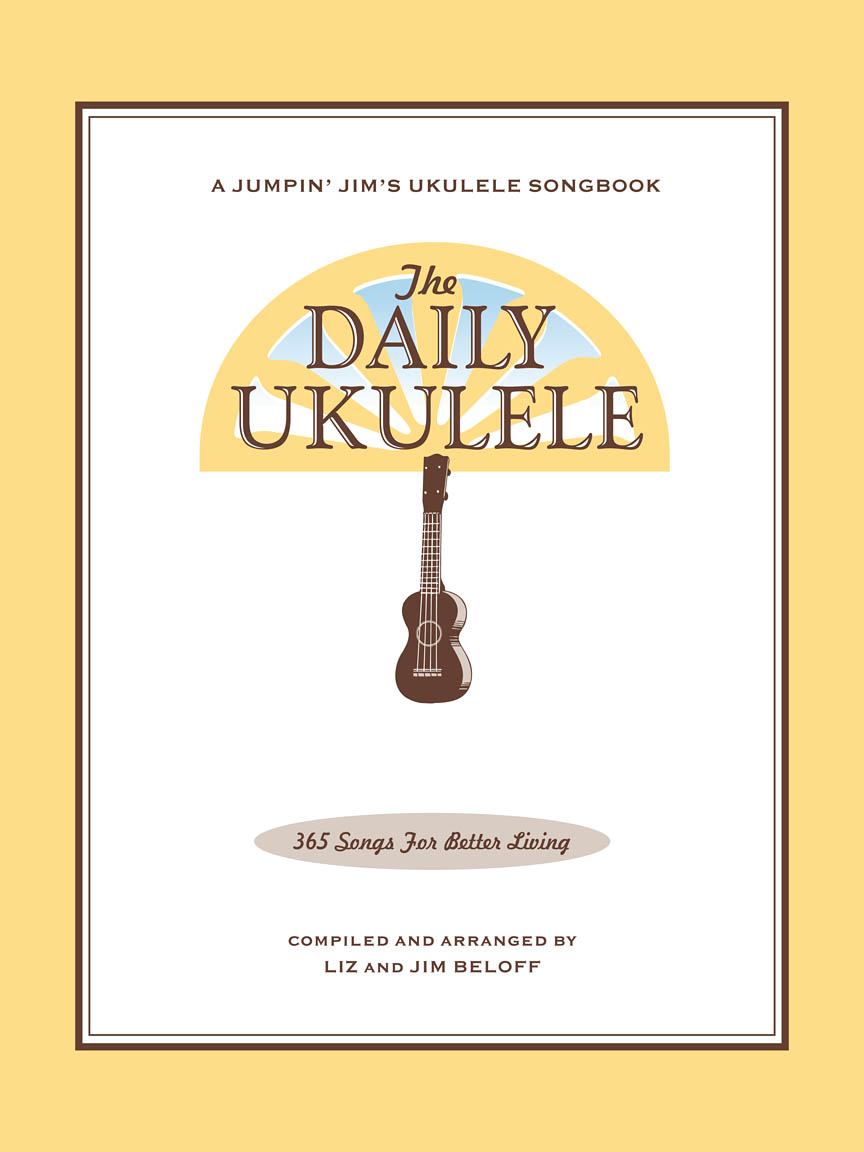
The Daily Ukulele— 365 Songs for Better Living book.








lead leadsheet.Minimal roadmap information such as repeats, fine, D.S., D.C., and codas has been used in preparing the worksheets to somewhat mirror the leadsheet in the Daily Ukulele book.
Yellow Book. You should start to recognize that 1st endings typically always return to a previous verse or an
 section. With a 2nd ending, a transition to a different part of the song, a
section. With a 2nd ending, a transition to a different part of the song, a  or chorus. Harmonic Principles are used for these repeats and transitions.
or chorus. Harmonic Principles are used for these repeats and transitions.- Full Diatonic
- Partial Diatonic • Full Diatonic includes Secondary Dominant chords
- Chromatic
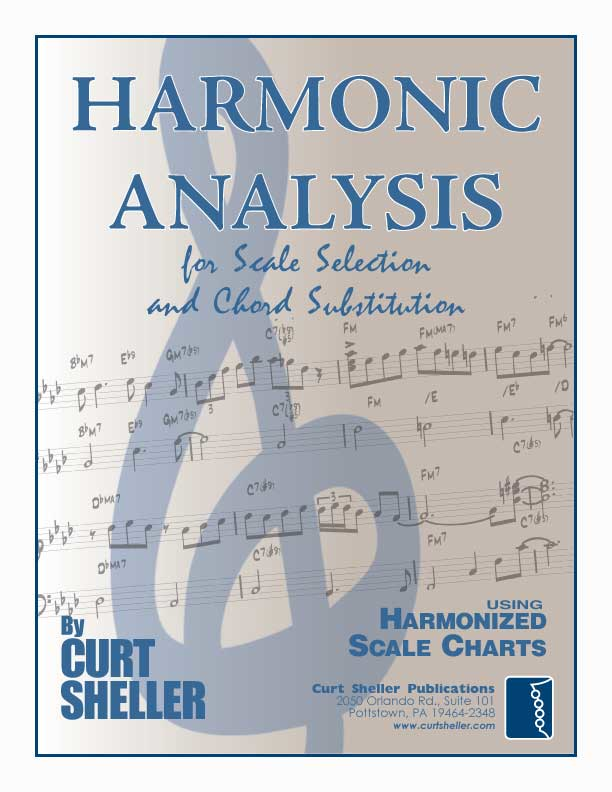
Scale Abbreviation Legend
Traditional Scale Names:
Maj: Major,
Dim: Diminished,
WT: Whole Tone,
Pent: Major Pentatonic,
Scale Mode Names:
Ion: Ionian,
Dor: Dorian,
Phrygian: Phrygian,
Lyd: Lydian,
Mix: Mixolydian,
Aeol: Aeolian,
Loc: Locrian
Contemporary Scales: Minor Pent: Minor Pentatonic, Pent: Major Pentatonic, Blues,
Scale/Mode Names: Ion: Ionian (Major), Dor: Dorian (Minor), Phrygian: Phrygian, Lyd: Lydian, Mix: Mixolydian (Dominant), Aeol: Aeolian (Natural Minor), Loc: Locrian
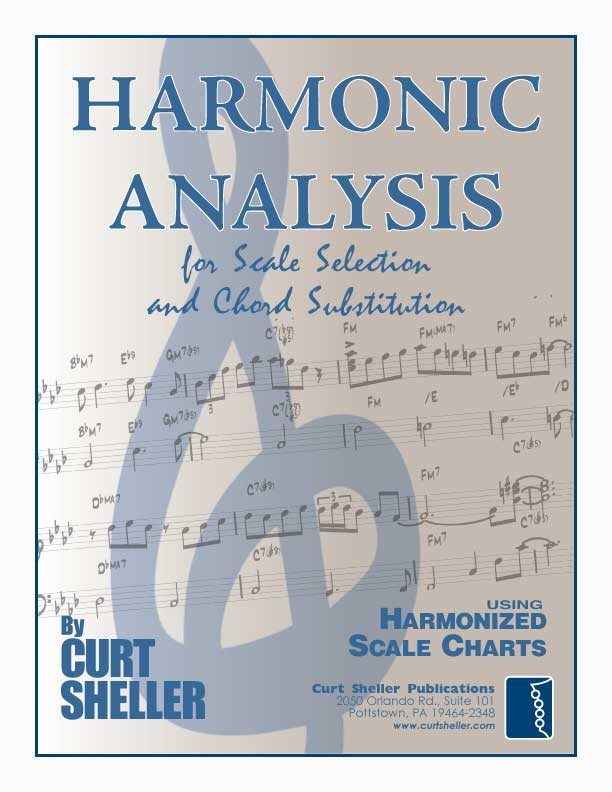
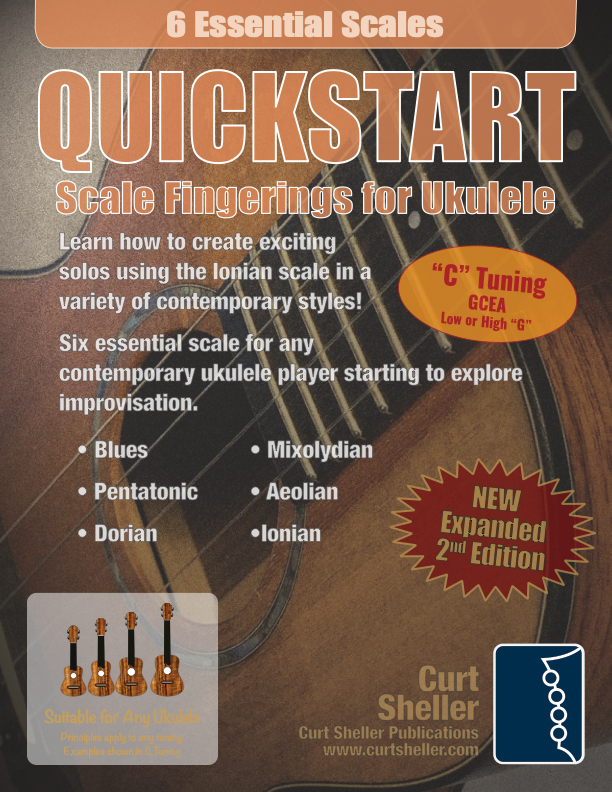
Opening Chord
The opening chord was performed by multiple Beatles and George Martin. George Harrision play Fadd9 (F A C G) on a Rickenbacker 360/12 12-string guitar and George Martin double that on piano. Paul play a D bass note. John Lennon the same Fadd9 on a Gibson J-600E 6-string acoustic guitar.
With possible names for this chord ( G7add9sus4 , G7sus4 , or G11sus4 ).And, it being played on multiple instruments. The option in your uke group to to have different players all playing parts of this chord. Or , one player playing a G7sus4 to get close.
Spread It Across You Uke Group
The notes are: G B D F A C .
- Fadd9 for a High "G", C Tuning: 0 0 1 0 and/or 0 5 3 3
- G7sus4 : 0 2 1 3
- Bass plays a D at fret (10).
Related Lessons, Videos, Lesson Series, Songs, Books & Reference Charts, Resources & Assets, Workshops are below.

Harmonic Analysis (HA), also known as the study of chord relationships, is the method used to identify the harmonic role of chords within a chord progression or song. A chord progression refers to a sequence of chords, with each chord having a root note and belonging to a specific chord type. The function of a chord within a particular scale's tonality is determined by its relationship to that scale.
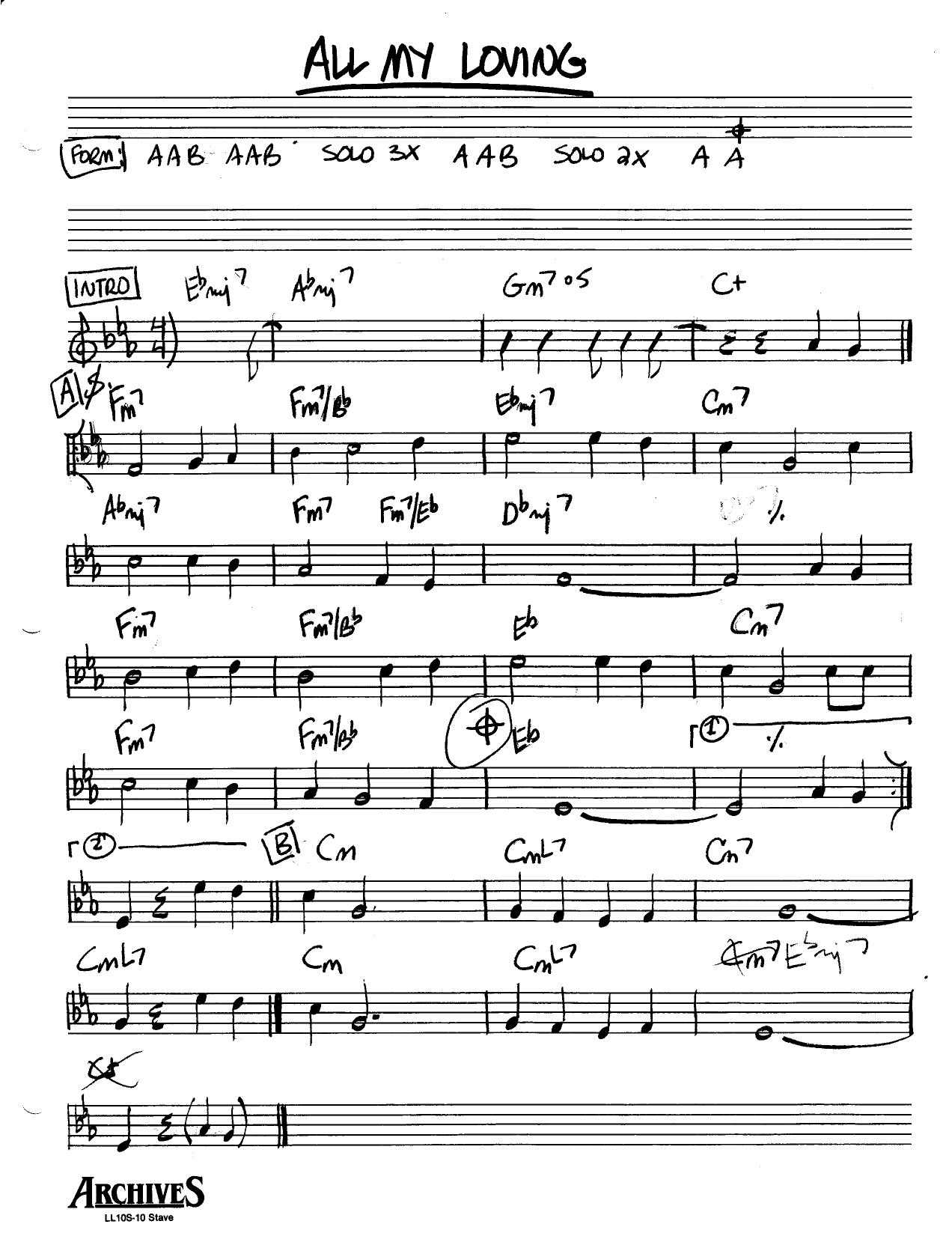
All My Loving is a song by the Beatles, written by Paul McCartney (credited to Lennon–McCartney), from the 1963 album With The Beatles. Though it was not released as a single in the United Kingdom or the United States, it drew considerable radio airplay, prompting EMI to issue it as the title track of an EP. The song was released as a single in Canada, where it became a number one hit. The Canadian single was imported into the US in enough quantities to peak at number 45 on the Billboard Hot 100 in April 1964.
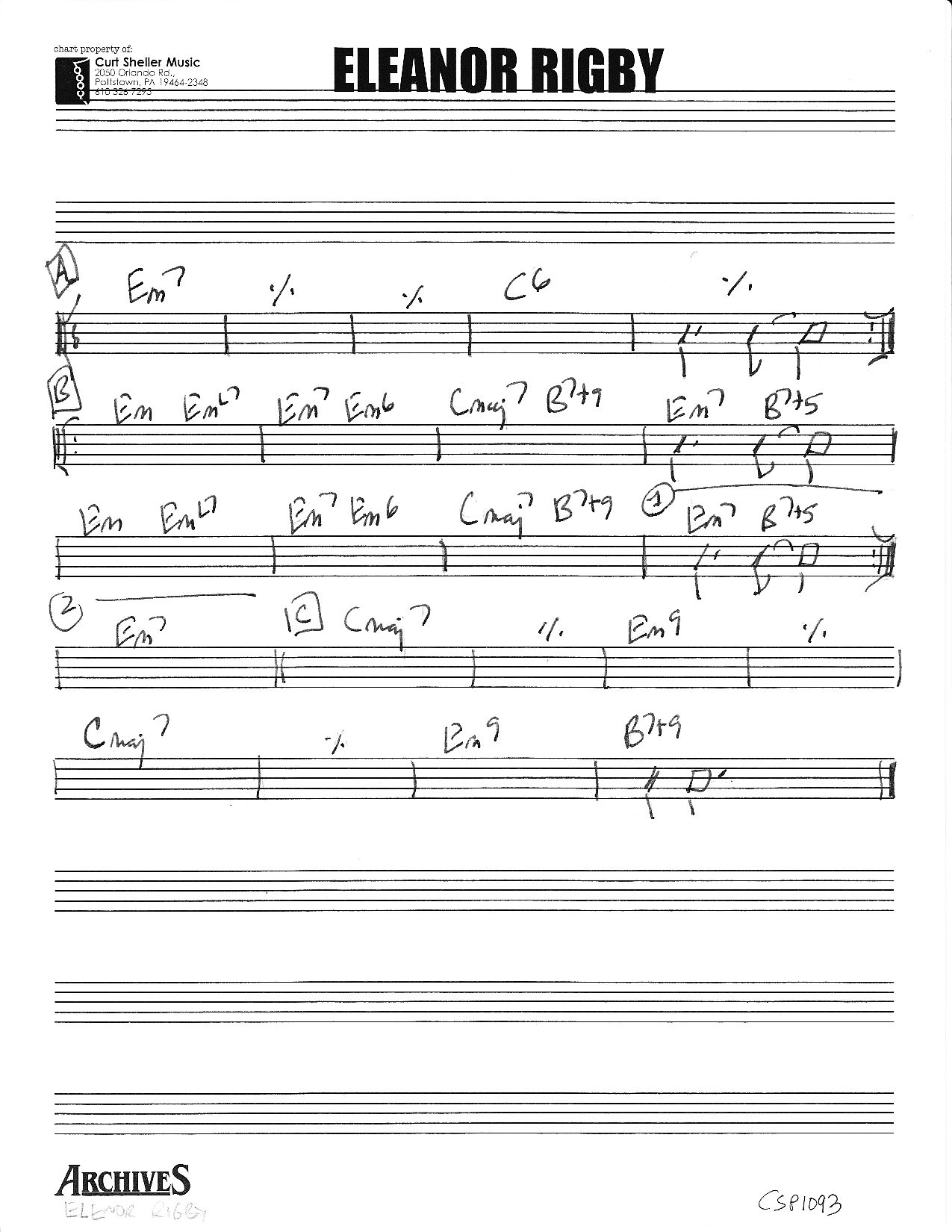
Eleanor Rigby is a song by The Beatles, originally released on the 1966 album Revolver. The song was primarily written by Paul McCartney, although in an interview conducted by Playboy magazine in 1980, John Lennon claimed that "the first verse was his and the rest are basically mine." Pete Shotton, a close friend of Lennon who was present at the time, said "Though John (whose memory could be extremely erratic) was to take credit, in one of his last interviews, for most of the lyrics, my own recollection is that 'Eleanor Rigby' was one 'Lennon-McCartney' classic in which John's contribution was virtually nil."
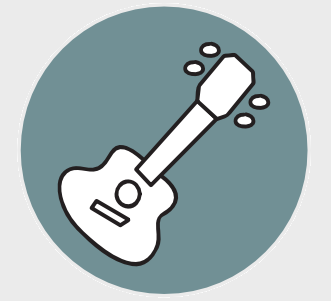
Michelle is a love ballad by the Beatles, composed principally by Paul McCartney, with the middle eight co-written with John Lennon. It is featured on their Rubber Soul album, released in December 1965. The song is unusual among Beatles recordings in that some of its lead vocals are in French, although "Paperback Writer" contains the backing vocals "Frère Jacques". "Michelle" won the Grammy Award for Song of the Year in 1967 and has since become one of the best known and most often recorded of all Beatles songs.
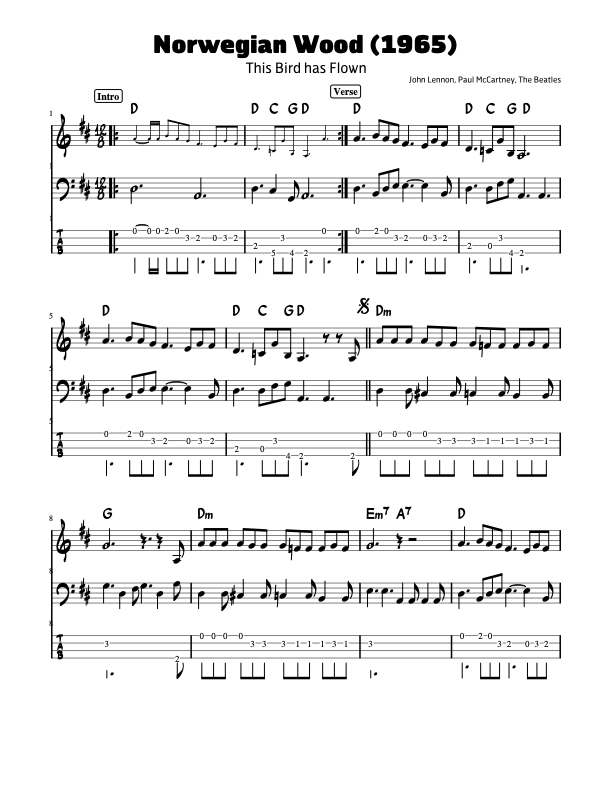
"Norwegian Wood (This Bird Has Flown)" is a song by the Beatles from their 1965 album Rubber Soul. It was written mainly by John Lennon and credited to the Lennon–McCartney songwriting partnership. Influenced by the introspective lyrics of Bob Dylan, the song is considered a milestone in the Beatles' development as songwriters. The track features a sitar part, played by George Harrison, that marked the first appearance of the Indian string instrument on a Western rock recording. The song was a number 1 hit in Australia when released on a single there in 1966, coupled with "Nowhere Man".
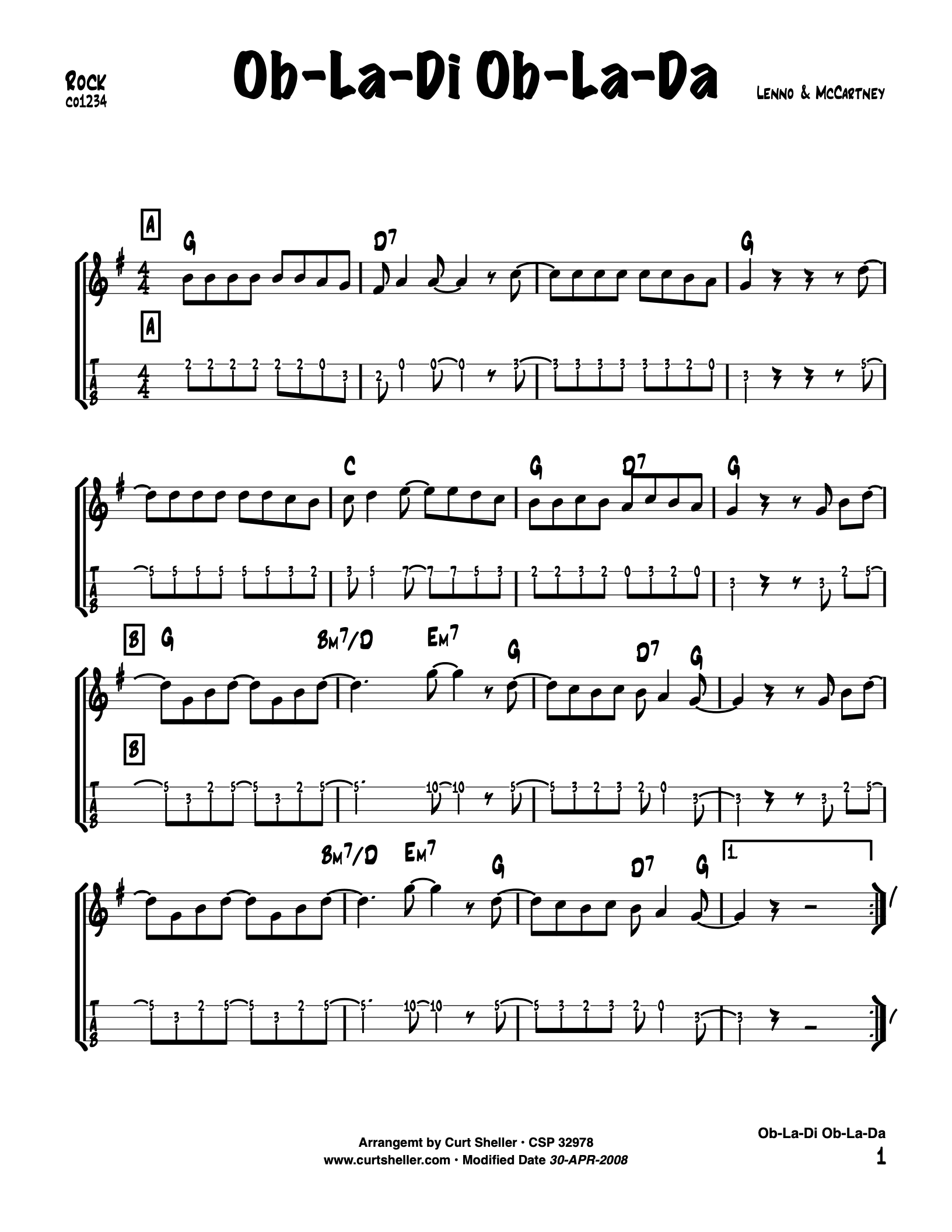
Ob-La-Di, Ob-La-Da is a song credited to Lennon–McCartney, but written by Paul McCartney and released by The Beatles on their 1968 album The Beatles ( also referred to as The White Album ). It was released as a single that same year in many countries, but not in the United Kingdom, nor in the United States until 1976.
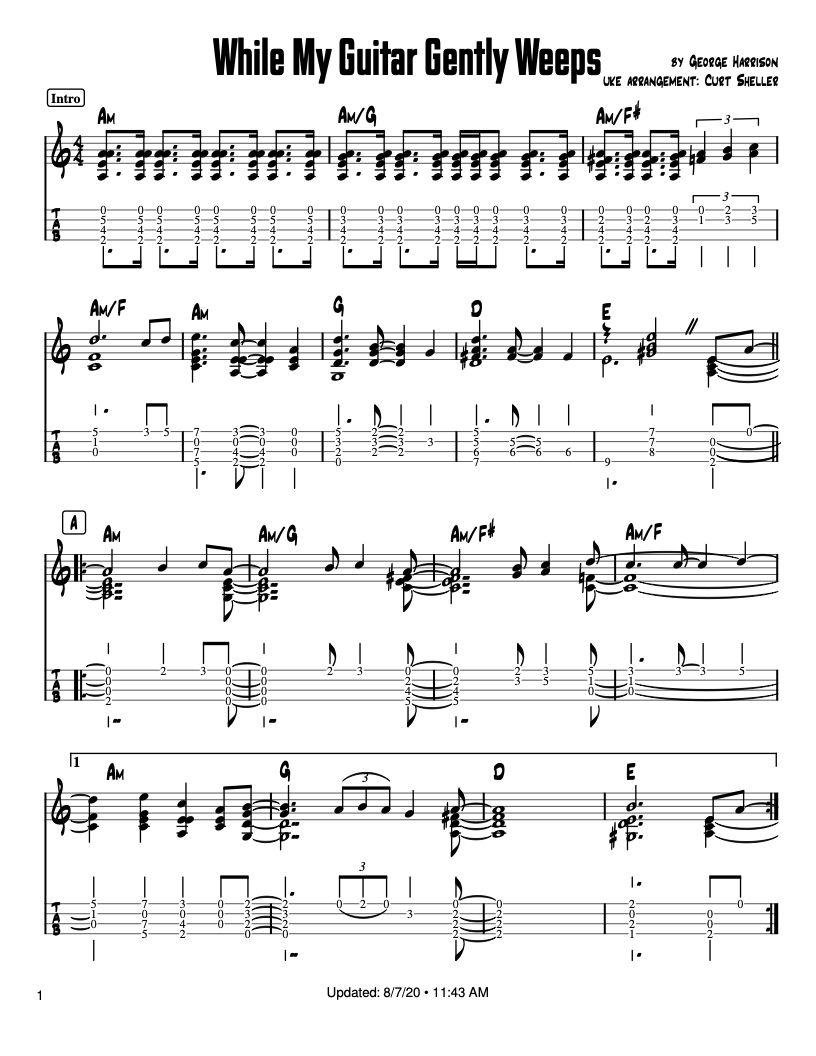
While My Guitar Gently Weeps is a song written by George Harrison of The Beatles for their double album The Beatles (also known as The White Album). The song was ranked #135 on Rolling Stone's list of the 500 greatest songs of all time and #7 on their list of the 100 greatest guitar songs of all time.
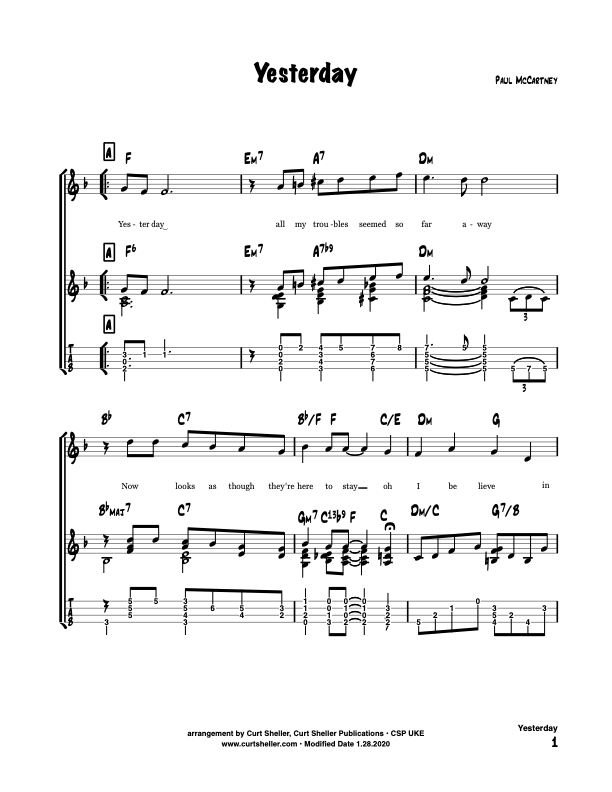
Yesterday is a song originally recorded by The Beatles for their 1965 album Help!. The song first hit the United Kingdom top 10 three months after the release of Help!. The song remains popular today with more than 1,600 cover versions, one of the most covered songs in the history of recorded music. The song was not released as a single in the UK at the time of its release in the United States, and thus never gained number 1 single status in that country. However, “Yesterday” was voted the best song of the 20th century in a 1999 BBC Radio 2 poll of music experts and listeners.

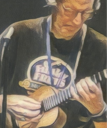
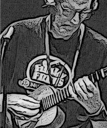
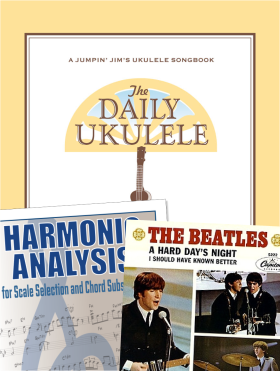

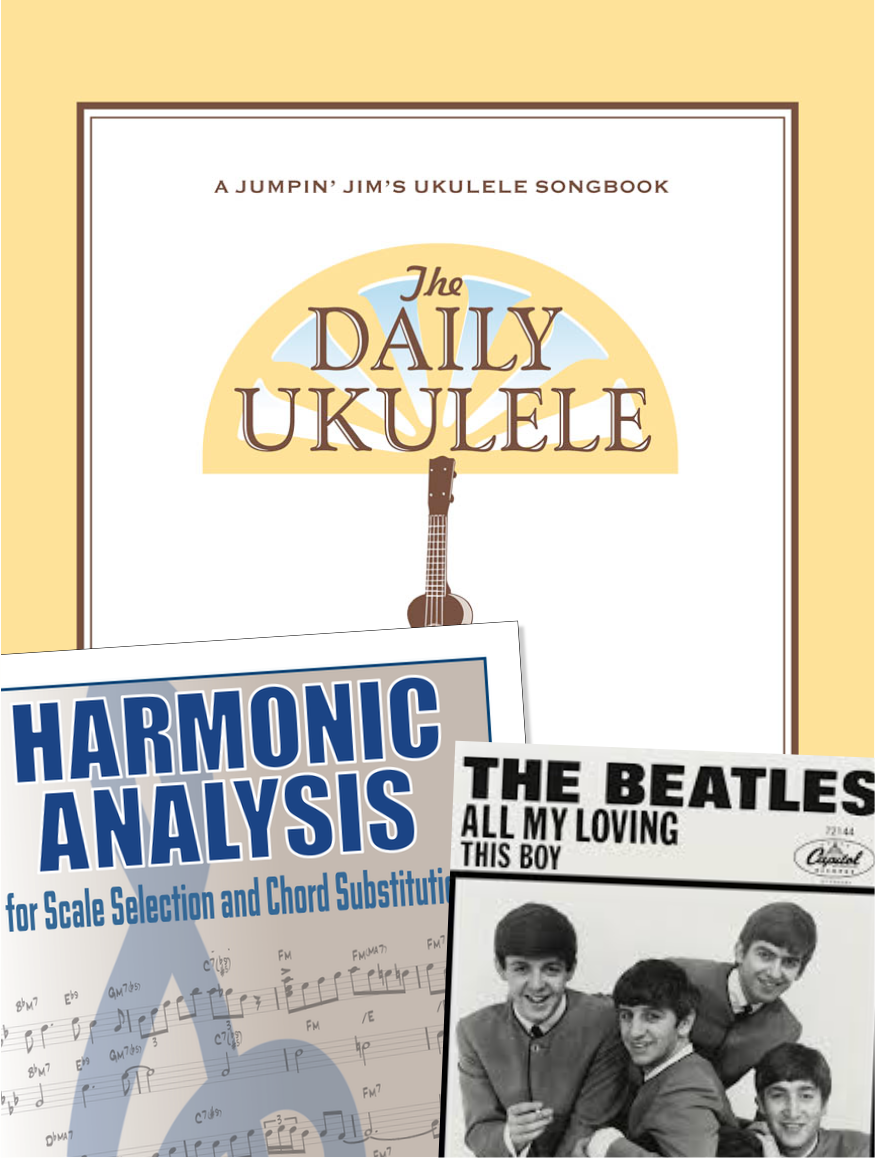
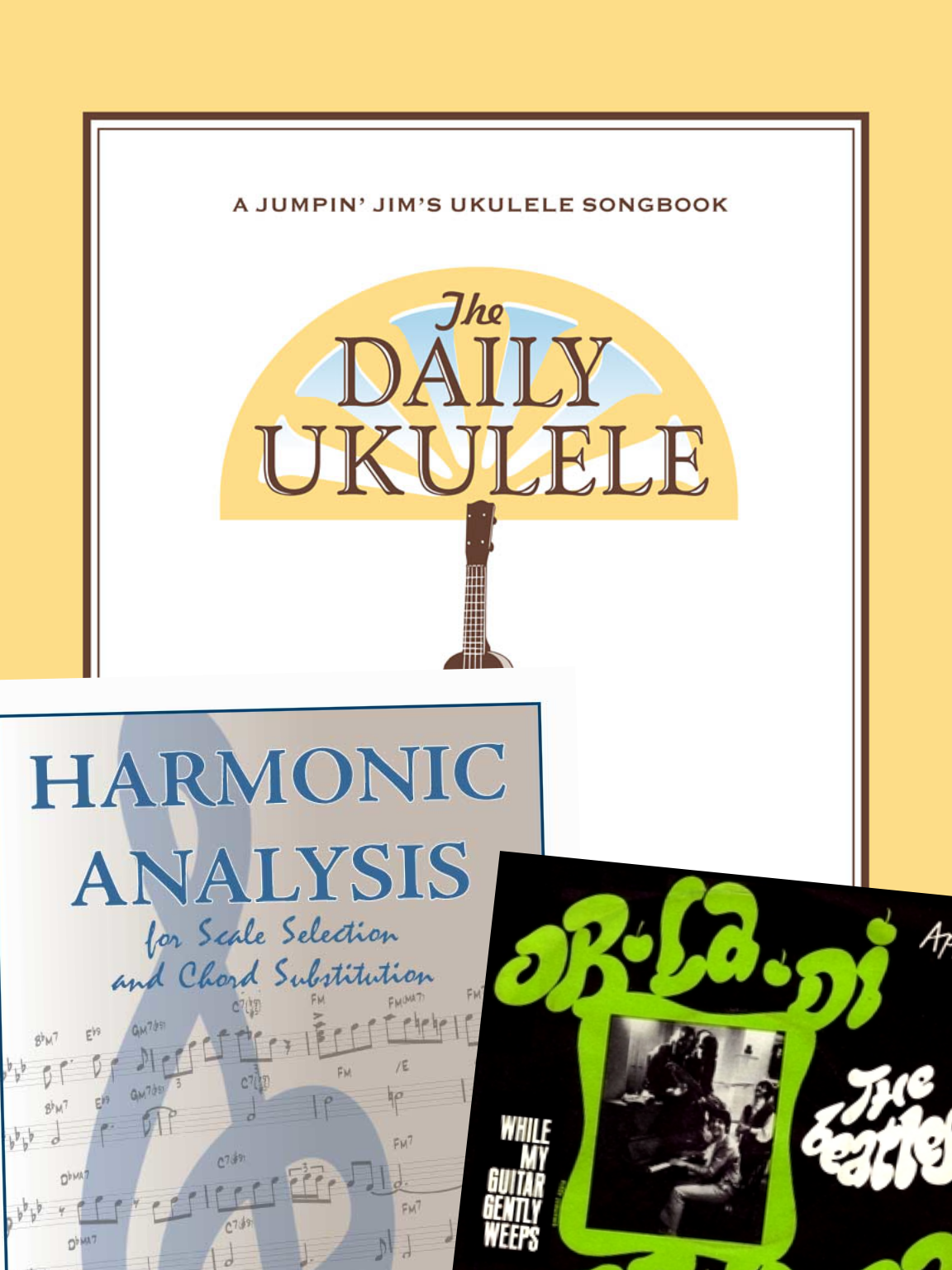
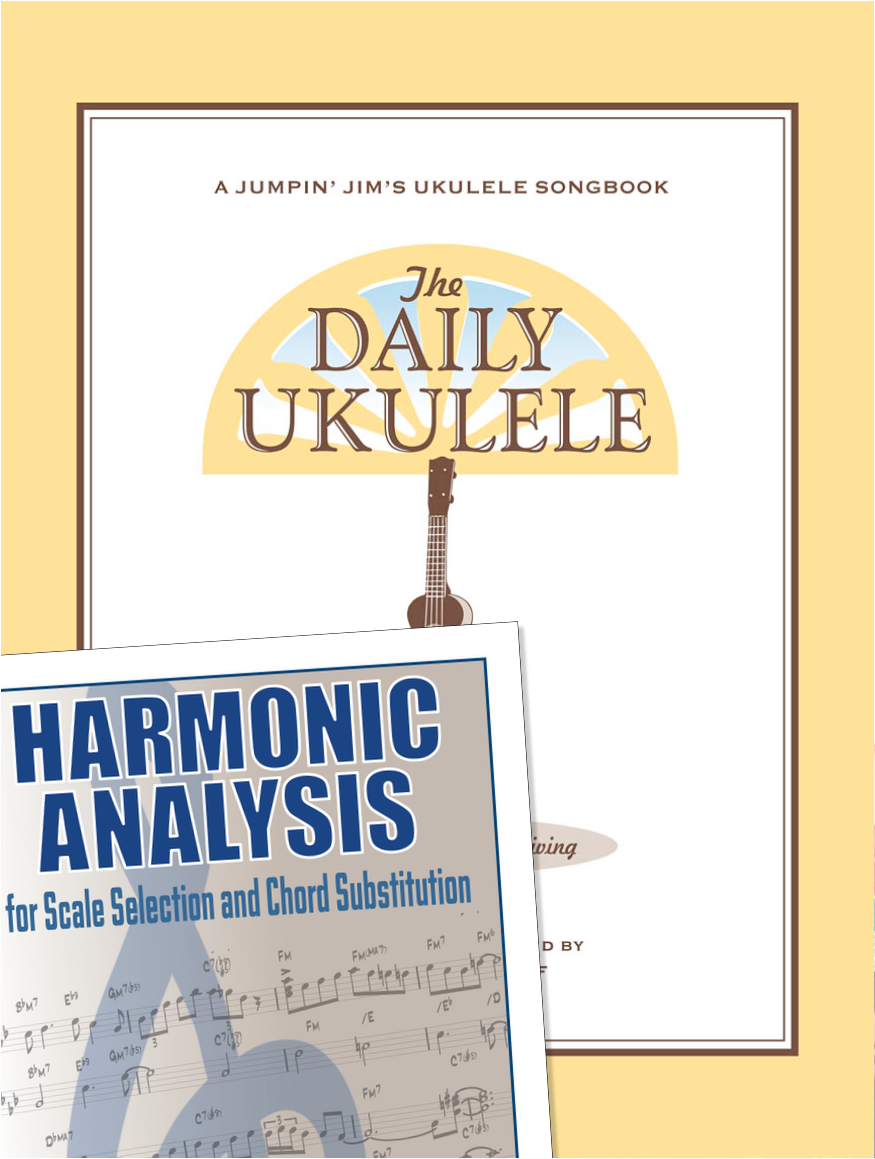

.jpg)